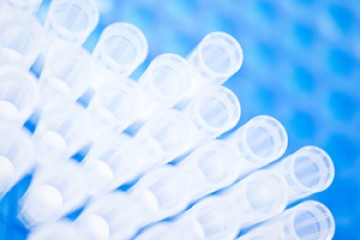Pilot study grant
A fully-automated system for positive reinforcement training of group-housed non-human primates

At a glance
Completed
Award date
January 2012 - June 2013
Grant amount
£73,513
Principal investigator
Dr Andrew Jackson
Co-investigator(s)
- Mr Jonas Zimmermann
Institute
Newcastle University
R
- Refinement
Read the abstract
View the grant profile on GtR
